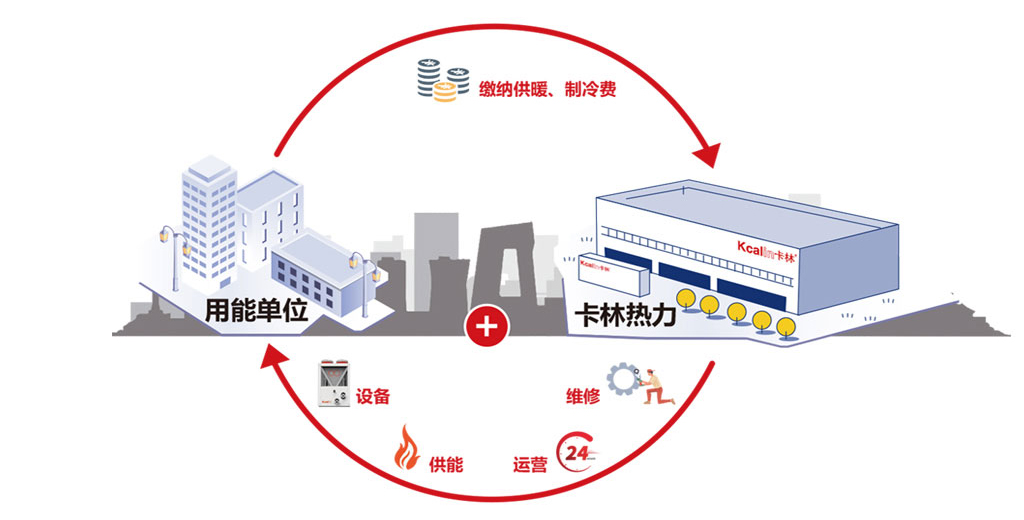Heating is one of the indispensable services in daily life and industry, while decentralized heating and centralized heating are two different modes of heat supply. They each have their own advantages and disadvantages, and are suitable for different situations and needs. Kcalin New Energy will delve into the advantages and disadvantages of decentralized heating and centralized heating to help you better understand these two heating methods and choose the one that suits your situation.
Distributed heating refers to the distribution of heat sources near buildings, where thermal energy is generated by local heating equipment (such as hot water boilers, heat pump systems) and then transmitted to users. The following are the advantages and disadvantages of decentralized heating:
Advantages:
Independent control: Users can independently control their heating system and adjust it according to personal needs to make the room temperature more in line with personal comfort.
Efficient energy utilization: Due to the close supply of heat sources, the loss of transmitted heat energy is reduced, which can improve energy utilization efficiency.
Flexibility: Distributed heating systems are suitable for various types of buildings, including residential, commercial, and industrial buildings, making them more flexible.
Easy maintenance: When heating equipment needs to be repaired or replaced, it only needs to affect a single building and will not interfere with other users' heating services.

Disadvantages:
Slightly higher cost: Distributed heating system equipment usually requires a higher initial investment, but in the long run, its efficient and energy-saving characteristics will save more costs.
central heating
Central heating refers to a central heat source station that transmits heat energy to various buildings through a pipeline network to provide heating for users. The following are the advantages and disadvantages of centralized heating:
Advantages:
Space saving: Due to the concentration of heat sources, there is no need to install independent heating equipment for each building, which can save space.
Disadvantages:
Lack of personalization: Centralized heating systems often find it difficult to achieve personalized heating, and the needs of different users may vary, making it difficult to meet the needs of each user.
Transmission loss: Although the energy loss during the transmission process is relatively low, there is still some loss, especially in longer transmission pipelines.
Affected by interruption: If the heating station malfunctions or requires maintenance, it will affect the heating services of multiple users.
The above are the advantages and disadvantages of decentralized heating and centralized heating. The specific heating method chosen depends on specific needs and circumstances. It is important to carefully consider the actual situation and choose suitable heating methods to meet the needs of users, while ensuring the effective utilization of resources and environmental protection.







Comment